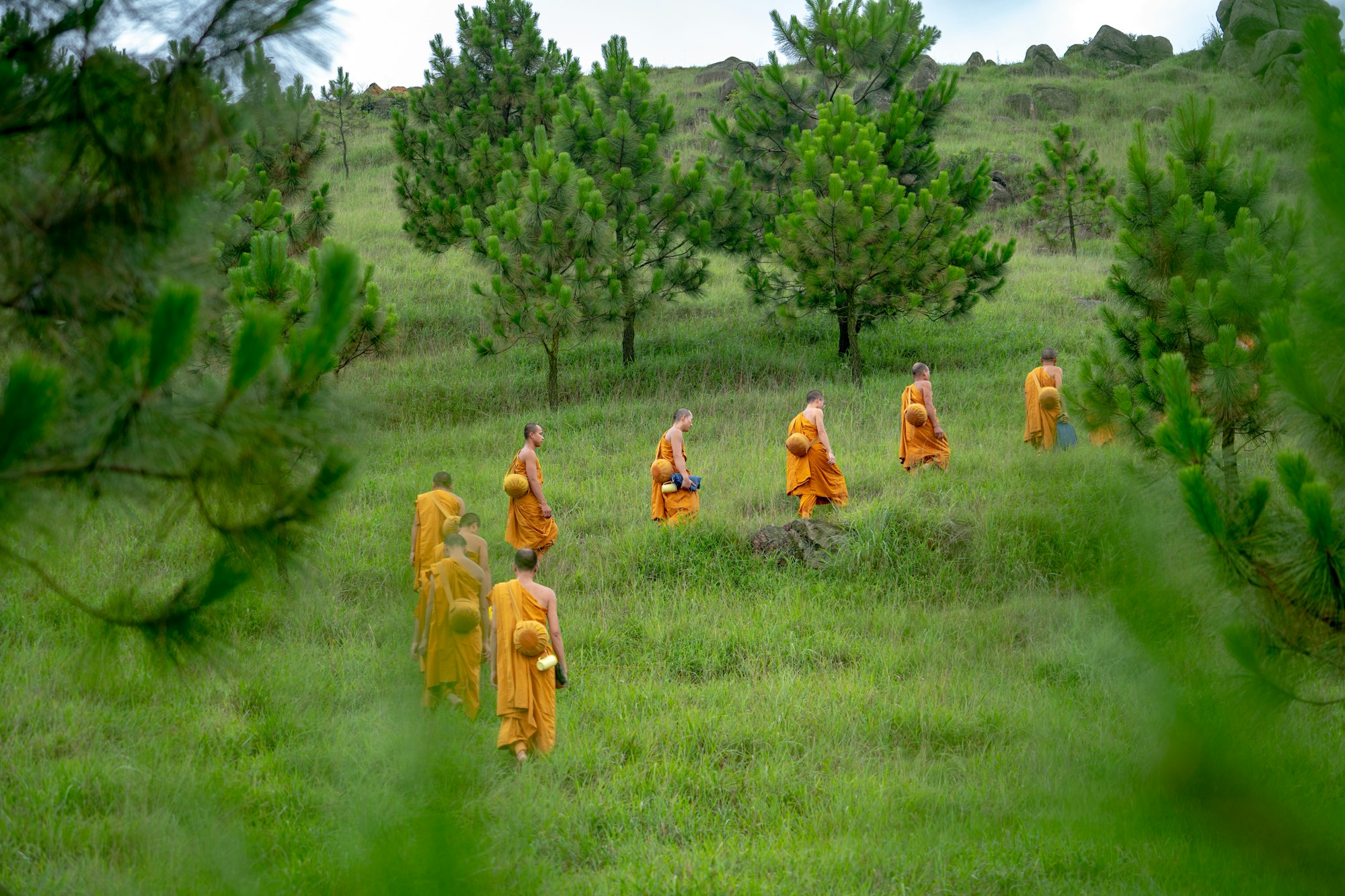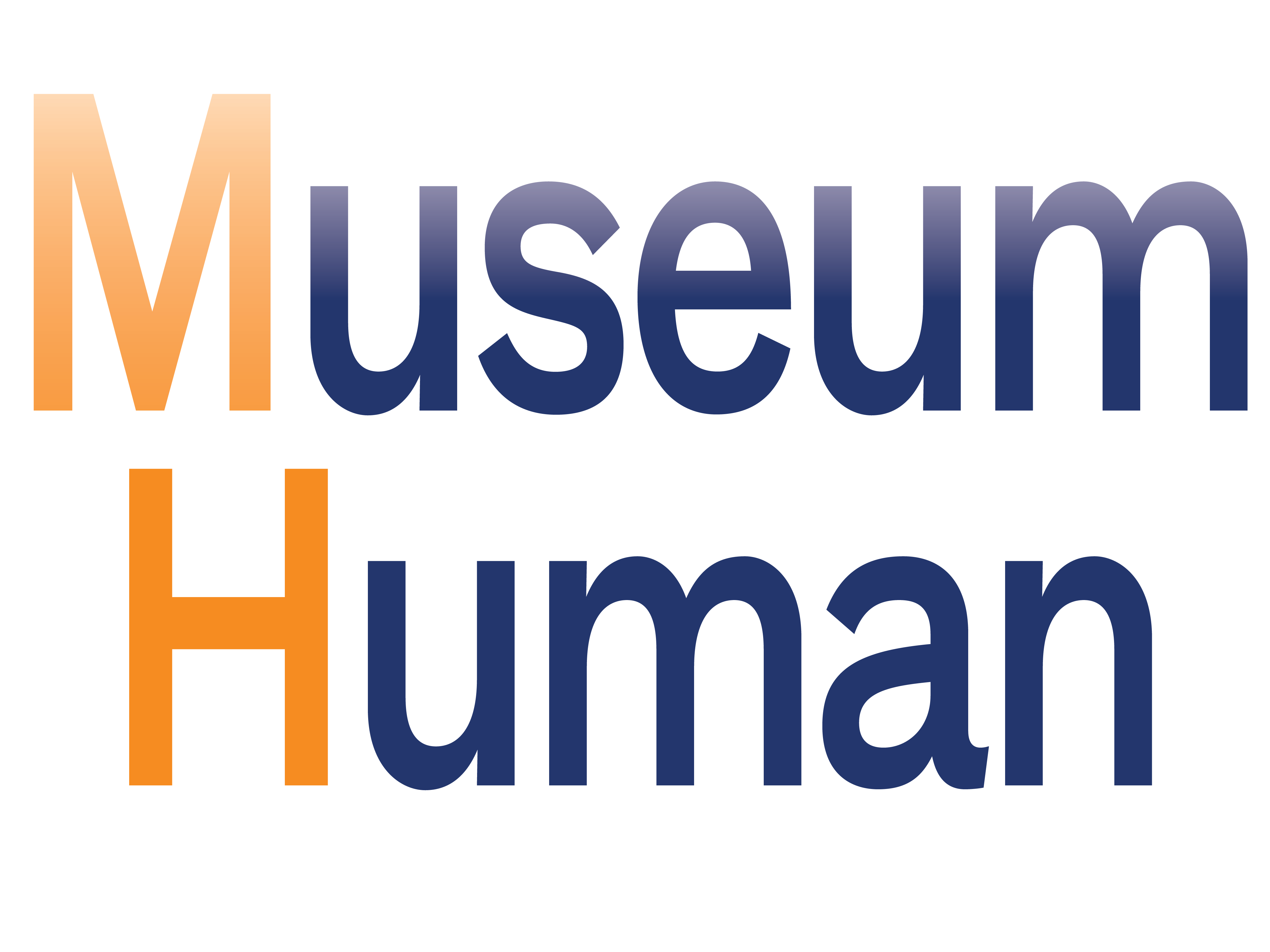
The digital revolution only papered over workplace problems.
I had a couple of readers reach out to me about systems thinking and mapping, which I discussed last week. I forgot to include a couple of books I'd read on the topic:
- Thinking in Systems, by Donella Meadows, is a foundational work and a must-read.
- Systems Thinking in Museums: Theory and Practice, by Yuha Jung Ann Rowson Love, is quite academic in approach but helpful to see how this work can be applied in the museum field.
- The Fifth Discipline, by Peter M. Senge, is often read for people interested in creating "learning organizations," but the relationship to systems and feedback is crucial to this development.
- General System Theory: Foundations, Development, Applications, by Ludwig von Bertalanffy, from 1968 (and reads like it), lays out some helpful core concepts and development of systems
- The Managers Pocket Guide to Systems Thinking and Learning, by Stephen G. Haines, with lots of helpful charts and prompts
- This recent short Medium piece on a "systems theory of change" is also worth checking out—note the emphasis on a participatory process—as I discuss below (echoing the opener from earlier this week), hierarchy and siloing don't help organizations like museums learn from digital or systems.
- Kyle Bowen's Museums as Progress group has plenty going on about mapping and systems. Check it out.
I know I don't tweet a lot anymore, but after the millionth article on "quiet quitting," I was compelled to send out this:
We should shift the focus from "quiet quitting"—which really means "working proportionally to the fairness of what you are paid"—to "loud overworking," where people have decided on their own to do extra work for free in the hope of fast-tracking promotions and raises.
— Museum Human (@robertjweisberg) September 8, 2022
One: In this week's opener, I mentioned Seb Chan's latest Fresh & Now newsletter, which links to his keynote talk at ICOM (for more on ICOM's new long-delayed new definition of a museum, read here). I won't quote him at even more length—just read the whole thing.
Two: I've cited this Boston Review piece before, but I'll bring it up again—just like digital in museums, the role and the place of digital in our economy is a set of political and business choices. Of course museums would like to go where on the internet "the people" are, but it doesn't have to be a given that we map our content priorities to just these temporary (and usually corporate) places online. (As someone from a print publishing background, I was told more times than I can count that it's a given that print books are dead.)
Three: By the same token, it's often considered a given that AI projects will be impenetrable; they don't have to be, though this Harvard Business Review article makes some of the same assumptions that organizational transparency is a simple matter of right-minded policies. AI, we're told, can't have a role in art-making. It can, but that doesn't make it right or good, or wrong and bad. By analogy, privacy is supposed to be something we have to give away to be online, or give it away to the tech companies who are vowing to protect us from even worse tech companies.
Four: Technology has the same role in public health—not just with COVID, but with the increasing data- (and data-company) driven nature of health care, all in the name of "better outcomes." Beyond the promises of telemedicine, it's not clear how all this digitization is supposed to improve patient care—it certainly hasn't improved trust or affordability (lower costs usually turn into higher corporate profits). Museums should pay attention to how digital affects customers, both actual and potential.
Five: We hear all the time about the "promise" of smart technology and that our organizations are "leaving money (or something) on the table." (The argument has been made many times about museums and NFTs.) In museums, that's rarely a matter of just digital—there are usually a host of decisions that go into reaching visitors in a humane way.
Six: I also recently highlighted this Medium series from Douglas Rushkoff on value-laden decisions that got us to this digital economy. Indeed, Rushkoff's entire oeuvre is puncturing the idea that there's a natural order of economic and social reality. (The Dawn of Everything does the same bursting of bubbles.)
Seven: It's interesting that Neal Stephenson, the author whom many credit with coming up with tech-driven dystopias and the metaverse, is making his own metaverse to head off the dystopia that he wrote about in Snow Crash. He may not succeed, but we don't have to take what the tech titans give us without a fight. (Note that the current administration is pushing to apply competitiveness principles to the tech monoliths.)
Eight: From the world of cryptocurrency, which Museum Human has criticized relentlessly, the environmental cost of mining might be going down, but will it be too late to impress potential investors?
Nine: I've brought up this Boston Review article on technocracy before, and I think it's worth reiterating in the context of how digital usually gets decided on in our museums—by leaders and digital departments. Again, I'm not pointing fingers at these individuals as much as the behaviors that lead to only experts being able to decide how museums approach digital. This scarcity of democracy comes from lack of time, money … you know the drill. This doesn't mean that colleagues in digital departments haven't tried to teach us, to create a learning organization, just that the entire museum isn't oriented to co-exist in that way.
Ten: Also from Boston Review, check out this piece about scientific literacy, the "knowledge deficit model" of education, and the reality that decades of pushing for "hard topics" over social sciences (whatever the right may claim has been happening in education) has changed little about science skills among our students. It's worth considering in light of the importance of digital in museums. I've written about how poorly digital skills are being taught around institutions (again, not for any lack of interest from digital departments, but learning doesn't usually fit our museum timeframes), and with a few exceptions, digital ways of working and reaching audiences have been hard to integrate with our busy schedules and workflows.
Bonus: Another Boston Review piece is worth reading—though it's about the growth of assets, rather than income, as a portion of our economy, it's also about the transformation from growth through wages to growth through human capital, assets, and knowledge. In museums, that equates to expertise, smarts, and never being wrong, but it also means long hours, since we can bring knowledge work home with us.
Double bonus: Alongside the weakening of organized labor and requiring more college and graduate-level credentials, we have a leveraged economy of knowledge, with rising worker power and wages blamed for inflation. Despite some increased organizing and the so-called great resignation, workers still don't really have all that much power, at least not to increase real wages. And now with the idea that only a recession can save the economy—at least that's what workers are being told—only those of us who already have assets can ride this economy out.

Liberation
Thinking—never mind writing—about technology is hard enough because of how pervasive it is in our work lives, home lives, social lives, and public lives. Just as vacations are increasingly filled with work, tech detoxes are increasingly made possible by tech, whether out of office messages, productivity tools to keep us organized, or services that get us groceries, meals, Airbnb stays, and the like.
One of the most important aspect of meditation is pulling away from the immersive nature of our thoughts, to notice what is going on in our minds, around us, and how the two interact and co-mingle until a greater unity is revealed.
In the same way, when we notice how technology is both a part of our museum work and impacts our museum work, we can demystify digital and center people. But we have to decide to start noticing.
cover photo by Bas van den Eijkhof / Unsplash [description: a clear diamond-like stone on a surface of clear stone chips]

Links of the Week: September 9, 2022: Digital and the Museum by Robert J Weisberg is licensed under a Creative Commons Attribution-NonCommercial-ShareAlike 4.0 International License.






